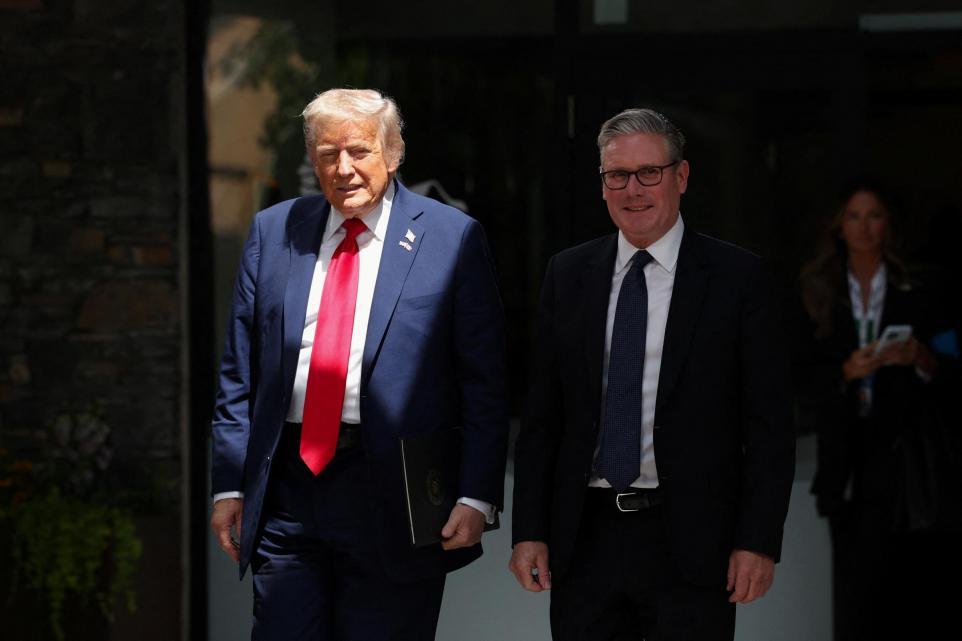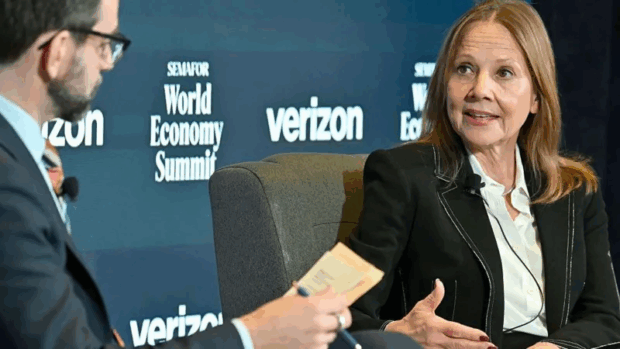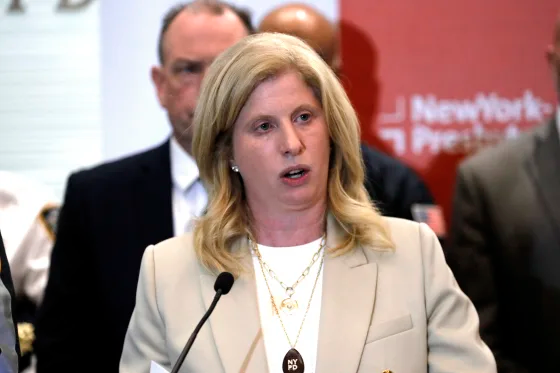
The United States conducted military strikes against Iranian nuclear facilities, prompting varied international responses and raising concerns about regional escalation.
President Donald Trump authorized the strikes using B-2 stealth bombers and submarine-launched missiles, targeting facilities at Fordo, Isfahan, and Natanz linked to Iran’s nuclear program. Trump stated the action had “completely and fully obliterated” key nuclear installations.
British Prime Minister Sir Keir Starmer acknowledged Iran’s nuclear program as a “grave threat to international security” while calling for diplomatic solutions. The UK government was informed of the strikes in advance but did not participate in the military action.
Starmer and Foreign Secretary David Lammy had previously attempted to persuade the Trump administration to pursue de-escalation and diplomatic processes rather than military action alongside Israel.
“Iran can never be allowed to develop a nuclear weapon, and the US has taken action to alleviate that threat,” Starmer said. “We call on Iran to return to the negotiating table and reach a diplomatic solution to end this crisis.”
Cabinet minister Jonathan Reynolds declined to explicitly endorse the military action when questioned about its legality and effectiveness. He warned that Iranian-backed terrorism risks in the UK could increase following the strikes.
Reynolds noted ongoing Iranian activities, stating there is “not a week that goes by without some sort of Iranian cyberattack on a key part of UK critical national infrastructure” and referenced “Iranian activity on the streets of the UK.”
The strikes involved sophisticated military equipment, with B-2 stealth bombers capable of carrying 30,000-pound bunker buster bombs targeting underground facilities. US submarines launched approximately 30 Tomahawk cruise missiles during the operation.
Iran maintains its nuclear program serves peaceful purposes, though uranium enrichment levels have exceeded requirements for civilian power generation.
Political reactions varied across party lines. Conservative leader Kemi Badenoch supported the action, stating the US had taken “decisive action against a regime that fuels global terror and directly threatens the UK.” Reform UK leader Nigel Farage also backed Trump’s decision, emphasizing Israel’s security concerns.
Scotland’s First Minister John Swinney expressed concern about escalation, describing the situation as reaching “an alarmingly greater level of danger.”
Iran responded with a ballistic missile barrage against Israel and condemned what it called “brutal military aggression against Iran’s peaceful nuclear facilities.” Tehran’s foreign ministry stated Iran would “defend Iran’s territory, sovereignty, security, and people by all force and means.”
Trump warned of potential further military action if Iran retaliates, declaring, “There will either be peace or there will be tragedy for Iran” during a White House address.
The strikes occurred despite British diplomatic efforts advocating for restraint and continued dialogue. Starmer had previously warned of a “real risk of escalation” and emphasized the importance of diplomatic discussions with Washington.
Foreign Secretary Lammy had conducted talks with US counterpart Marco Rubio and planned discussions with Iran alongside European allies before the military action proceeded.















Be the first to leave a comment